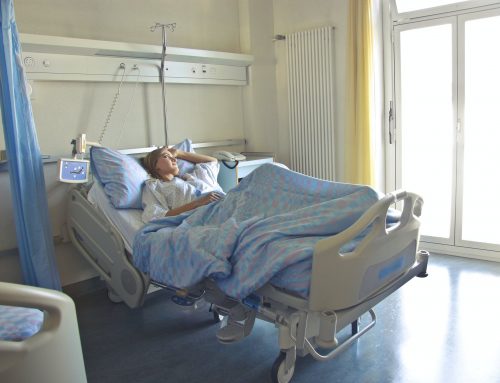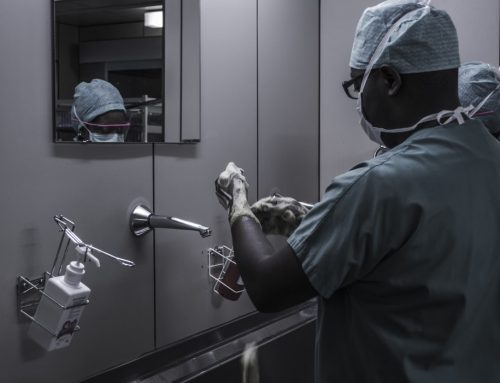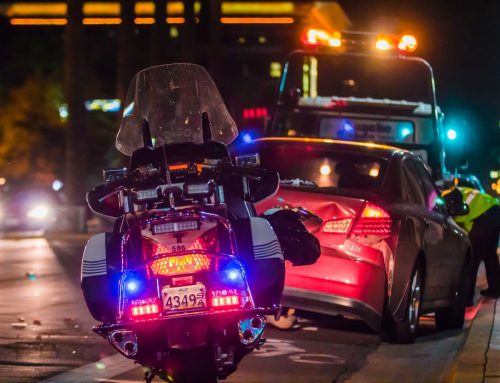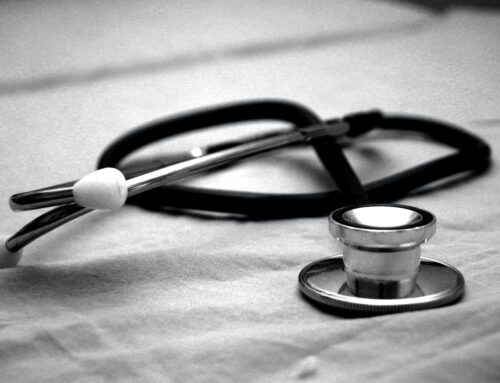What are your legal responsibilities?
You planned the perfect party. There were plenty of appetizers and everyone loved your signature cocktail and home-brew. It was a lot of laughs and fun. Some of the guests may have enjoyed the cocktails a little too much. It is a bit worrisome not knowing if everyone was sober enough to drive. Aside from using a breathalyzer on your guests before they leave, what is a host supposed to do? Is there a risk of legal liability if one of them causes an accident or gets a DUI on the way home?
It can be a tough situation for those who host private parties. Bartenders and other licensed businesses are legally responsible to stop serving anyone who is clearly inebriated, particularly if they plan to drive home. But the laws for private parties are not as cut and dry, which puts hosting an event in the risky category.
What happens if your intoxicated guest causes an accident?
In a well-known Canadian case (Childs v. Desormeaux – 1999) a woman sued the hosts of a New Year’s party attended by a drunk driver who hit her car leaving her paralyzed and killing her boyfriend. The woman sued both the driver and his hosts for material damages even though the driver had brought his own alcohol to the party.
Seven years later (2006), the Supreme Court of Canada concluded that “social hosts do not owe a duty of care to third parties injured by intoxicated guests.” A personal injury attorney also reported that “the case did not determine whether there was a duty of care in other circumstances, such as if foreseeability of harm is present for the guests themselves.”
What happens if the intoxicated guest is injured in an accident?
In the case of Wardak v. Froom, the defendants (Mr. and Mrs. Froom) threw a birthday party for their son who was turning 19-years-old. Although they were not serving alcohol, they were aware that under-aged guests might be bringing their own. At one point a guest named Dean Wardak was observed as being intoxicated so Mr. Froom offered to walk him home. He had walked to the party and lived nearby. Dean left and Froom’s daughter and boyfriend drove by to make sure he made it home okay. He had gotten into his car and was backing out of his driveway. They called 911 to alert them to Dean’s drunken state. Mr. Froom also went over to the boy’s home to alert his father. Dean ended up hitting a street light pole which resulted in severe personal injuries.
Dean and his family later filed a personal injury action. The Froom’s countered with the fact that they did not serve alcohol at the party and owed no duty of care. They “did everything they could to get him home safely”. The judge determined there were several contradictions in both parties’ evidence and dismissed the defendants’ summary judgement motion, which means it will be heard before a jury.
Recently in a case when the Court of Appeal for Ontario overturned a judge’s decision to grant a defendant host’s summary judgement to dismiss the case against them. In Willams v. Richard, the children of Mark Williams were injured in a crash that killed their father. The decision states that Mark Williams and Jack Richard were old friends who frequently shared drinks after work at one another’s homes.
One such instance was when Williams hung out with Richard in his garage after work and drank 15 beers over the course of three hours. Williams then planned to go home and drive the babysitter home with his kids in the car. Richard tried to stop Williams but when he and his mother left to run to the store, they saw Williams’ car was gone from their driveway. The judge felt that since Williams made it home safely before he went back out again, that the duty of social responsibility had expired. However, in the three-judge appeal court, it was determined that the case should go to trial. The plaintiff’s lawyer, Patrick Brown, says the case offers valuable clarification on the issue of social host liability. It’s really an extension of what the Supreme Court has already indicated, and the take-home message for people is that you’ve got to look closely at foreseeability and proximity.”
What is your legal liability?
The laws of social responsibility and liability seem to be changing in the direction of holding hosts more accountable for their guests’ sobriety once they leave the premises. But until they are more concrete, hosts should stick to the conservative side of event planning. Relying on guests’ own assessment of whether they can drive safely has been the standard for decades, however, it is unlikely that it will be enough in the future.
Here are a few tips that will reduce the risk of liability.
- Provide transportation to and from the party. Or in the invitation, recommend taking a Ride-Hailing service, such as Uber or Lyft.
- Make sure drinking is not the party’s focus
- Stop serving alcohol well before the party ends.
- Hire a bartender for the evening so they can better monitor the intake; guests will not be able to serve themselves.
- If necessary take car keys away from an intoxicated guest who is determined to drive.
- Offer accommodations, if possible and necessary.
Wynperle Law Specializes in Personal Injury Cases
If you or someone you know is involved in a social responsibility or DUI case, our expert attorneys are prepared to help. We provide free consultations so you don’t have to worry about initial fees to discuss your case. Once we understand the details of the situation, we will develop a plan that will reinforce and support the desired results. Give us a call at (519) 836-0300 or contact us here.





